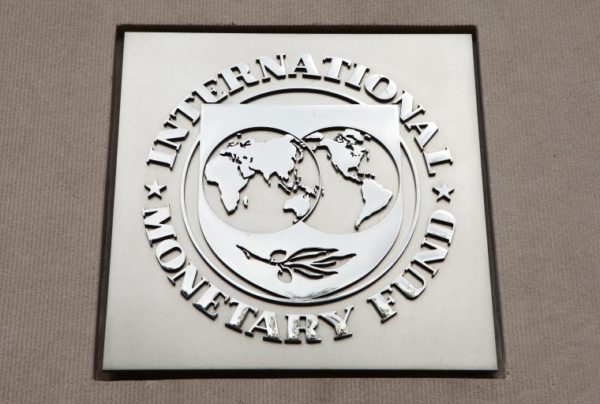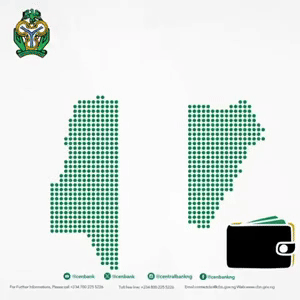The International Monetary Fund (IMF) has advised Nigeria to build transparency, efficiency and trust in its tax collection processes.
Speaking during the Fiscal Monitor press briefing at the ongoing World Bank/IMF Annual Meetings in US, Division Chief in the Fiscal Affairs Department of the IMF, Davide Furceri, advised Nigeria policy makers to ensure that tax mobilization is fair to all parties, revenue from taxes spent wisely in areas of greatest impact, and efficiency entrenched across the collection channels.
The fund also advised that collected funds should be channeled to areas of greatest impact, including healthcare, power and agriculture, with massive impact to the population.
Furceri said mobilised taxes should be spent on healthcare, power, agriculture and other segments that support quality life for the population.
He said Nigeria should put its public finances in order, to ensure that funds are channeled to areas of greatest needs, with every dollar spent, providing maximum impact.
He said spending wisely creates fiscal space and creates room for other types of spending without adding to debt pressures, mobilizing revenues, setting up broad, based and fair tax systems can allow countries to collect revenues to meet their spending needs.
“But I think it’s also important to note that policymakers need to build the trust of taxpayers, by ensuring that resources being collected are well spent, thereby emphasizing and strengthening governance,” he said.
Furceri, said Nigeria faces low revenue to Gross Domestic Product (GDP) ratio, which is about 10 percentage point.
“Secondary, the country faces rising ratio of the debt service obligation to revenue. With about 15 per cent of that data, means that a large part of revenue in the country is used to just finance the debt, a practice that can be improved on by boosting revenue mobilization for the country,” he said.
This, he said, can be achieved by broadening the tax base, improved transparency in the transfer of resources from the government to those that are most affected, ensuring that such resources reach them.
Director, Fiscal Affairs Department at IMF, Vitor Gaspar, said that public debt risks are elevated and prospects are worse than they look.
He advised countries to avoid cuts in public investment, a practice that can have severe effects on growth, good governance and transparency.
He advised that, in countries in debt distress or at high risk of debt distress, timely and front-loaded, decisive action to control public debt or even debt restructuring may be necessary.
Speaking on Sub-Saharan Africa practices, he said that building fiscal space is not only crucial to limit public debt risk, but is key to enable the state to play its full role in development, a very important priority in the region.
He advised that fiscal adjustment should be timely, decisive, well designed, and effectively communicated.
Deputy Director in the IMF’s Fiscal Affairs Department, Era Dabla-Norris, said technology has created opportunities to make progress on governance.
“The three keys are technology that is used to promote transparency, and if you have technology and transparency, you should expect to gain trust. And if you have trust, you have the citizens behind the government and therefore even willing to pay taxes, not necessarily happily, but in a quasi voluntary way,” she said.


